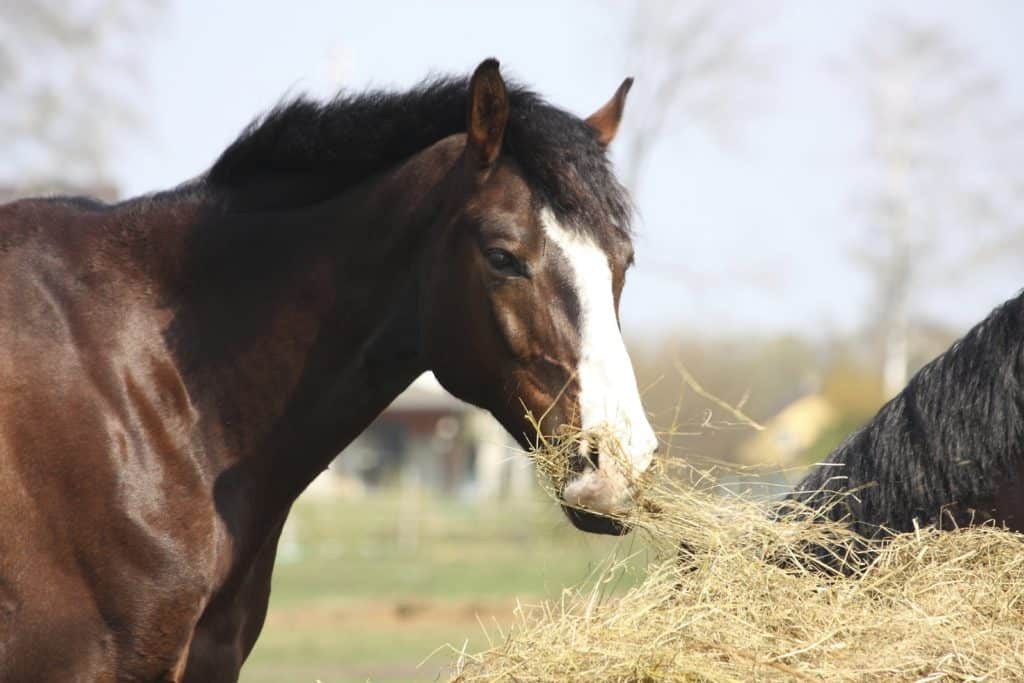
Warm-Season Grass in the A.M.: The Ultimate Low-Carb Pasture?
Warm-season grasses, such as Bermuda and modified crabgrass, and early morning turnouts might be ideal for obese horses and those with metabolic issues.
Horse-health-problem risk factors, prevention, diagnosis, and treatment

Warm-season grasses, such as Bermuda and modified crabgrass, and early morning turnouts might be ideal for obese horses and those with metabolic issues.

Equine protozoal myeloencephalitis (EPM) is notoriously difficult for veterinarians to diagnose and equally tricky to treat. But there’s hope as researchers continue to investigate this neurologic disease. Sponsored by Kentucky Performance Products.

The group will convene later this year to share the current state of expertise in the neurologic disease’s key areas.

Skin conditions in horses are often difficult to diagnose and frustrating to treat, with causes ranging from fungi to allergens to who-knows-what. Check out our pictures of common equine skin conditions—patchy to scabby and everything between.

We’ve compiled some of our best resources on these diets and what horses might benefit from them most. Sponsored by Hygain.

Consider these nutritional factors when formulating your horse’s diet to avoid GI issues such as equine squamous gastric disease.

Here’s a look at what we know and what we’re learning about equine herpesvirus type 1 (EHV-1) in light of recent outbreaks.

Veterinarians consider a rare disease in a mare battling respiratory infection, pneumonia, and fever.

Researcher: Differing and possibly delayed immune responses could explain the variation and offer potential for redirecting viral effects.

Why do some horses wear muzzles, but others don’t? Does your horse need to wear a muzzle year-round? From proper fit to feeding, here’s what you need to know about these weight-loss contraptions.

Researcher: Horses can acquire the COVID-19 virus but don’t develop disease. However, equine coronavirus kills up to 9% of infected horses.

Breeding farm managers want zero foal deaths, but at what greater cost?

The most common horse vertebral issues seen over a decade at one diagnostic lab were wobbler syndrome, fracture/subluxation, and abnormal spinal curvature.

A horse owner asks how omega-3s might help her hives-afflicted horse and if adding a fat supplement will unbalance his diet.

Regular, strategic vaccination is a safe, effective method to greatly minimize the chances of deadly diseases impacting your herd. Learn more in this article from the April 2022 issue of The Horse.

One horse tested positive, and six have been exposed.
Stay on top of the most recent Horse Health news with
"*" indicates required fields